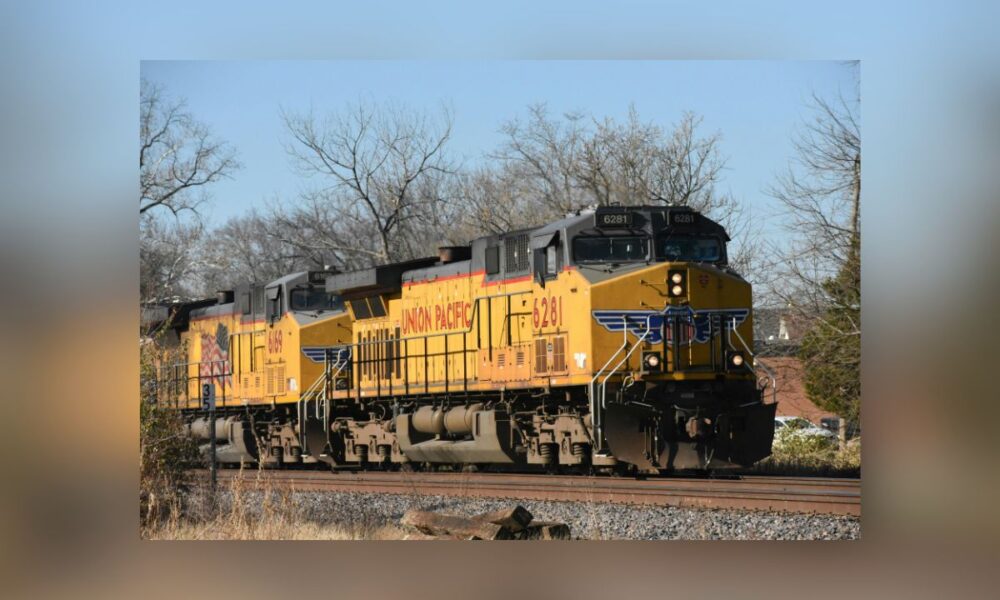Union Pacific Corporation announced it will acquire Norfolk Southern Corporation for $85 billion in a cash-and-stock deal, forming the United States’ first coast-to-coast rail network.
The merger, valued at $320 per share, represents a 25% premium over Norfolk Southern’s 30-day volume-weighted average price as of July 16 and will create a combined company worth over $250 billion.
The deal, unanimously approved by both companies’ boards, will link more than 50,000 route miles across 43 states, reshaping the U.S. freight rail industry. Union Pacific, operating west of the Mississippi River, and Norfolk Southern, primarily east of it, aim to close the transaction by early 2027, pending review by the Surface Transportation Board and shareholder approval.
“This is a great, great merger for America. It opens up more options for shippers,” Jim Vena, chief executive of Union Pacific, said in an interview, per The New York Times.
Vena highlighted the potential for faster freight delivery by eliminating the need to switch railroads, reducing bottlenecks in hubs like Chicago.
“Imagine seamlessly hauling steel from Pittsburgh, Pennsylvania, to Colt, California, and moving tomato paste from Heron, California, to Fremont, Ohio,” Vena said in a statement.
The combined company, to be named Union Pacific, will employ over 50,000 workers, with four-fifths belonging to unions. The merger is expected to enhance efficiency and reliability, addressing a key industry challenge.
“It will make the railroads more efficient,” said Tony Hatch, a rail analyst at ABH Consulting, the NYT reported. “And it adds reliability, which is the biggest rail issue.”
However, the deal raises concerns about reduced competition, as the merged entity would control 43% of U.S. rail freight movements, according to Jason Miller, a professor of supply chain management at Michigan State University.
“It would cut off shippers from having options for transcontinental shipping,” said Erik Peinert, an assistant professor of political science at Boston University, according to the NYT.
Rail unions also expressed apprehension.
“This proposed merger may look impressive on paper, but we’ve seen how consolidation often plays out in the real world,” said Mike Baldwin, president of the Brotherhood of Railroad Signalmen, citing potential risks to safety and job security, per the NYT.
Mark George, chief executive of Norfolk Southern, countered in an interview, saying, “By coming together, we’re going to be able to get on a growth trajectory again, and that means more jobs.”
The companies emphasized that all union employees, including train crew, mechanical, and engineering workers, will have opportunities at the merged entity, with additional jobs expected due to anticipated rail volume growth.
The merger follows Norfolk Southern’s 2023 derailment in East Palestine, Ohio, involving hazardous materials. George noted that remaining financial liabilities from the incident would transfer to the merged company.
The transaction aims to compete with Canadian railroads and reclaim U.S. freight volume, while challenging Berkshire Hathaway’s BNSF Railway. The companies also project reduced highway congestion, easing wear on public roads.
The Surface Transportation Board, split between two Democratic and two Republican appointees, will assess whether the merger enhances competition, with a decision potentially influenced by a forthcoming Trump-appointed board member.


